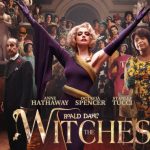Firefly (2002–2003)
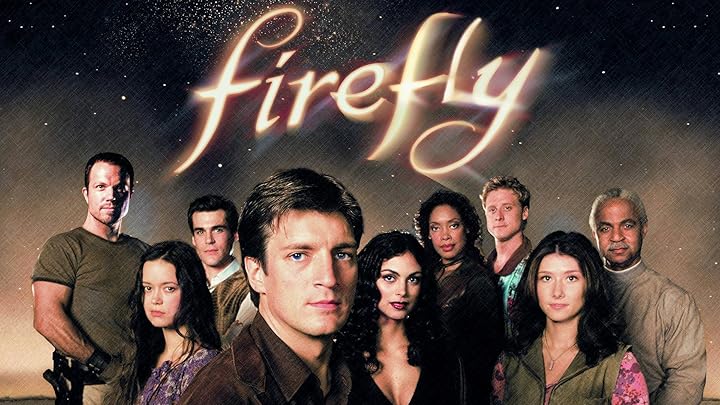
“Firefly,” created by Joss Whedon and released in 2002, is an American space Western drama television series that has garnered a dedicated fanbase despite its brief run. Whedon, known for his innovative storytelling and character development, crafted a unique narrative that blends science fiction with Western elements, offering viewers a rich tapestry of adventure, camaraderie, and moral complexity. Set in the year 2517, “Firefly” explores the lives of the renegade crew aboard the spaceship Serenity, delving into their struggles, dreams, and the challenges they face in a vast and often unforgiving universe.
At its core, “Firefly” follows Captain Malcolm “Mal” Reynolds, played by Nathan Fillion, a former soldier in a losing war who now operates as a smuggler. Mal embodies the rugged individualism and resilience characteristic of Western heroes, navigating the fine line between legality and survival. His ship, Serenity, serves as both a home and a refuge for him and his crew, reflecting the themes of loyalty and belonging that permeate the series.
The ensemble cast includes a diverse group of characters, each with their own backgrounds, motivations, and stories. From the skilled pilot Wash (Alan Tudyk) and his fierce wife Zoe (Gina Torres) to the enigmatic and troubled mercenary Jayne (Adam Baldwin), the dynamics among the crew add depth and complexity to the narrative. Notably, Summer Glau’s portrayal of River Tam, a young woman with a mysterious past and psychic abilities, introduces a layer of intrigue and tension as her struggles with trauma and identity unfold.
One of the most striking aspects of “Firefly” is its unique setting. Whedon masterfully blends elements of science fiction with the aesthetics and themes of the American West. The show’s visual design, characterized by dusty landscapes and retro-futuristic technology, creates a distinctive atmosphere that feels both familiar and alien. The contrast between the advanced technology of the ships and the rough-and-tumble lives of the characters underscores the show’s central theme: the clash between civilization and the wild frontier.
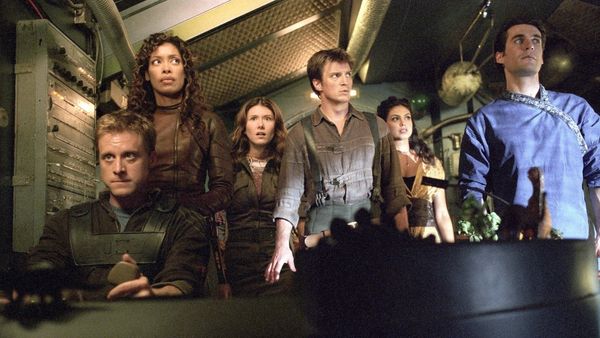
Whedon’s writing shines through in the dialogue and character interactions, which are often witty, poignant, and layered with subtext. The characters’ relationships evolve throughout the series, revealing vulnerabilities and forging deep bonds amidst their chaotic lives. The dialogue captures the essence of the characters, making them relatable and memorable. Whedon famously pitched “Firefly” as “nine people looking into the blackness of space and seeing nine different things,” and this metaphor is reflected in how each character perceives their circumstances and aspirations.
The series also tackles profound themes such as loyalty, freedom, and the moral ambiguity of survival. The crew of Serenity often finds themselves at odds with the authoritarian rule of the Alliance, the central governing body in the universe. This conflict serves as a backdrop for the characters’ personal struggles, prompting viewers to question the nature of justice and the cost of rebellion. Mal’s defiance against the Alliance and his commitment to his crew highlight the importance of loyalty and personal values in a world where such principles are constantly challenged.
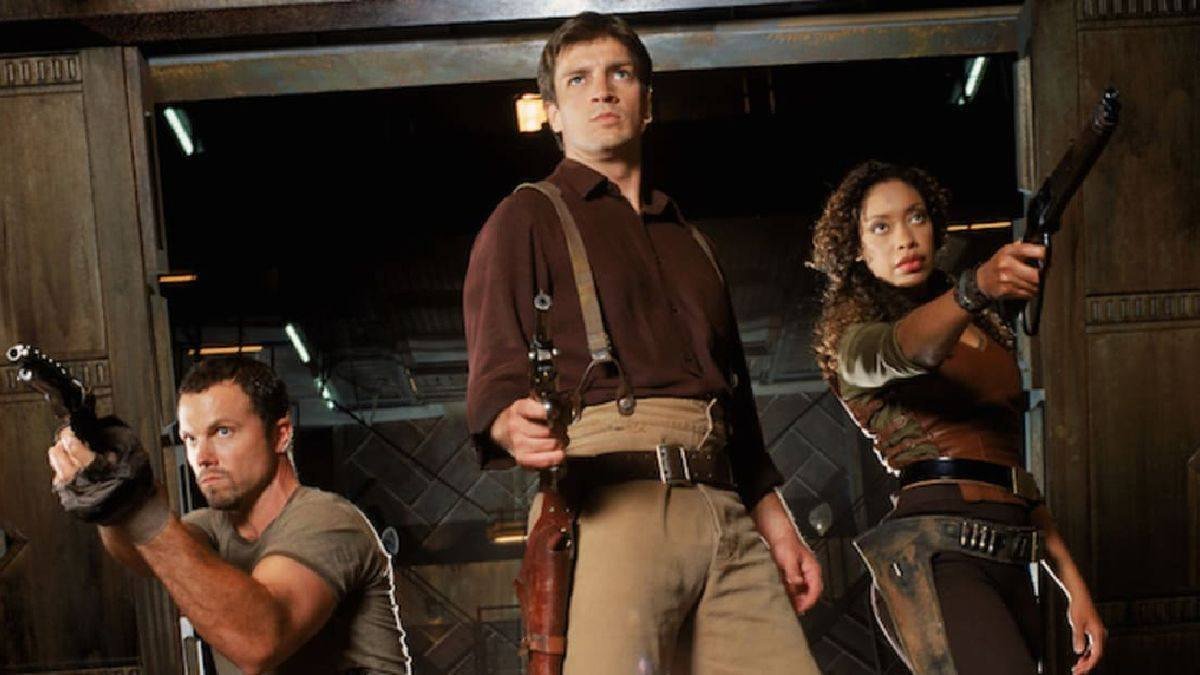
Despite its critical acclaim and passionate fanbase, “Firefly” faced an untimely cancellation after just one season, resulting in a mere 14 episodes. However, the show’s impact has endured, leading to a dedicated cult following that continues to celebrate its legacy. Fans have organized conventions, created fan art, and even launched campaigns to revive the series, showcasing the profound connection that viewers have developed with the characters and their journeys.
The cancellation did not mark the end for “Firefly.” In 2005, Whedon directed “Serenity,” a feature film that serves as a continuation of the series, providing closure to some of the storylines and expanding the universe further. The film further explored the complexities of the characters and their relationships, while also delving deeper into the overarching conflict with the Alliance.
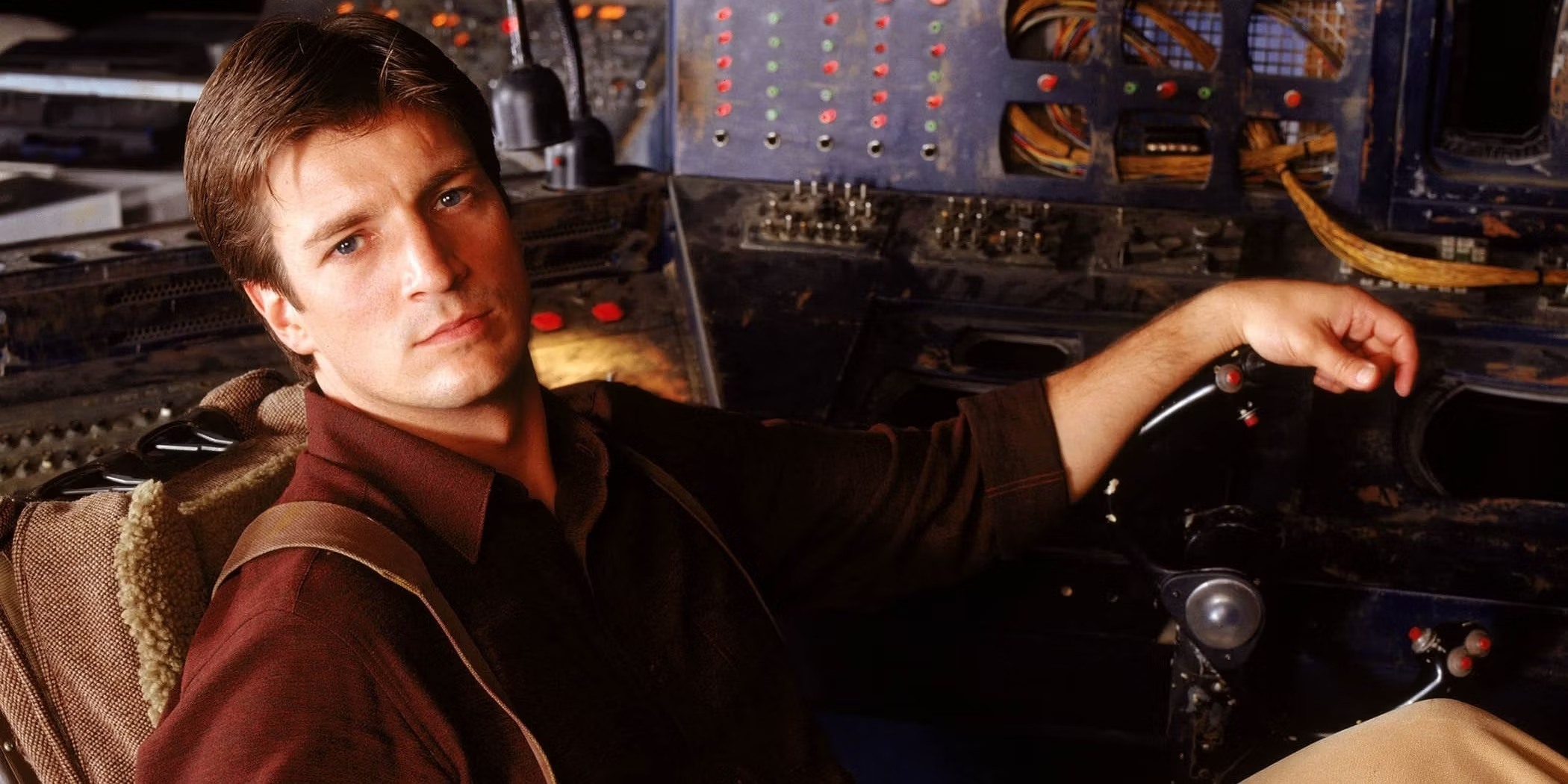
The music of “Firefly,” composed by Greg Edmonson, complements the series’ themes and atmosphere beautifully. The opening theme, “The Ballad of Serenity,” captures the spirit of adventure and longing, encapsulating the essence of the show. The score enhances the emotional resonance of key moments, enriching the viewing experience and deepening the audience’s connection to the characters.
In conclusion, “Firefly” remains a landmark achievement in television history, celebrated for its innovative storytelling, richly developed characters, and unique blending of genres. Joss Whedon’s creation continues to resonate with fans, who appreciate the show’s exploration of themes such as loyalty, freedom, and the human experience. Despite its brief run, “Firefly” has solidified its place in pop culture as a beloved classic, inspiring a sense of adventure and camaraderie that echoes through its narrative. The legacy of “Firefly” endures, reminding us of the power of storytelling and the enduring impact of characters who dare to dream amidst the vastness of space.




